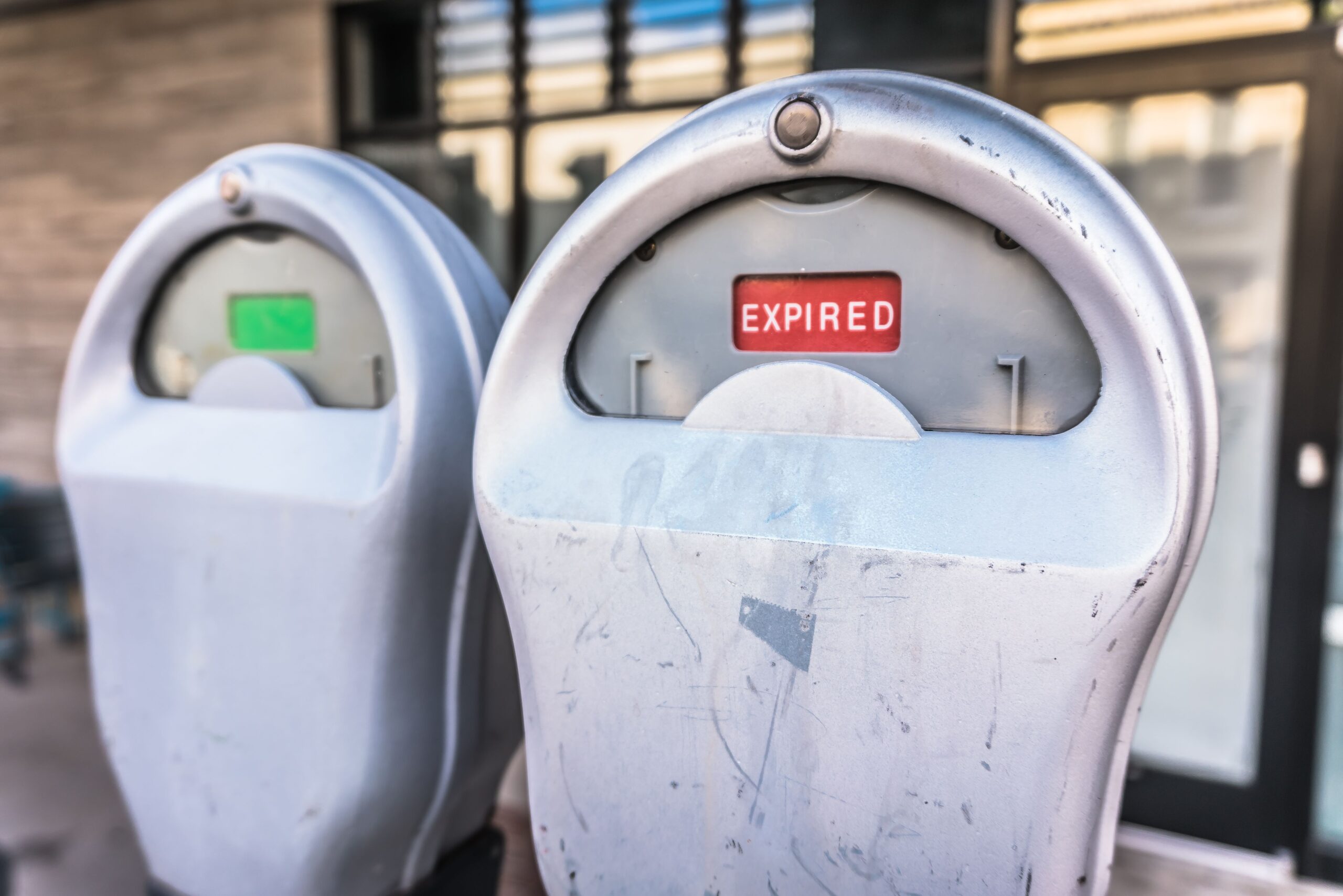
After a debt becomes statute barred, the creditor can no longer take legal action to enforce payment. However after a CCJ is issued, the debt could still be enforced even after a further 6 years has passed.
Included in this article:
- What does statute barred debt mean?
- Does a CCJ stop a debt becoming statute barred?
- Will hiding mean a CCJ becomes unenforceable?
Want more advice about a CCJ. Give us a call (0800 077 6180) or complete the form below and we’ll call you
What does statute barred debt mean?
Where you have an unsecured debt which you don’t pay, your creditor can take legal action against you to enforce it. They can take this action anytime within 6 years from the date you last paid them. This is governed by the law known as the Statute of Limitations.
If within 6 years, the creditor has not taken legal enforcement action, the unsecured debt becomes statute barred. As a result, further legal action can’t be taken and they are obliged to write it off.
However, a creditor will normally take action. They will first apply for a CCJ (County Court Judgment) against you.
Once a CCJ is issued, they can then take further steps to enforce payment. This may take the shape of applying for an attachment of earnings against you. Alternatively, if you are a home owner they can apply for a charge against your property.
A creditor must start legal action to enforce an unsecured debt within 6 years of the last repayment. If they do not, it becomes statute barred and in affect, has to be written off.
Does a CCJ stop a debt becoming statute barred?
Once a CCJ is issued, technically speaking the creditor has a further 6 years to take action to enforce the debt. The court will generally support such action if it is appropriate and taken within these time scales.
However, if a CCJ has been issued, the debt does not become statute barred after 6 years.
It is not automatically protected by the Statute of Limitations. The debt can still be enforced with Court action – such as an application for an attachment of earnings or charging order – even after 6 years has passed.
That said, the automatic support which would previously have been offered by the Court is lost. The enforcement application will only be agreed if the creditor can prove there was a good reason why they did not take action sooner (within the 6 year timescale).
Generally speaking, a Court will not support creditor actions to enforce the payment of a debt more than 6 years after a CCJ was issued unless there is a very good reason.
Will hiding mean a CCJ becomes unenforceable?
It is more difficult for a creditor to enforce a debt more than 6 years after a CCJ was issued. As such, you may think if that you can avoid the creditor for this long by disappearing, you will be able to avoid paying what you owe.
One example of this might be if you move abroad. If you are away for more than 6 years and then return, you may hope that you are now protected by the statute barred rules.
However, this will not necessarily work because the CCJ is not automatically statute barred. The Court may will still allow enforcement action once you are back in the UK and have been detected by the creditor.
The creditor will need to prove that they were unable to take action earlier because all their reasonable attempts to find you failed. If the Court accepts this, an attachment of earnings can still be issued against you.
Have you received a CCJ and need more advice? Give us a call (0800 077 6180) or complete the for below for free, confidential, no obligation advice
Arrange a call with a Debt Management Expert
Privacy Policy
Your information will be held in strictest confidence and used to contact you by our internal team only. We will never share your details with any third party without your permission.


